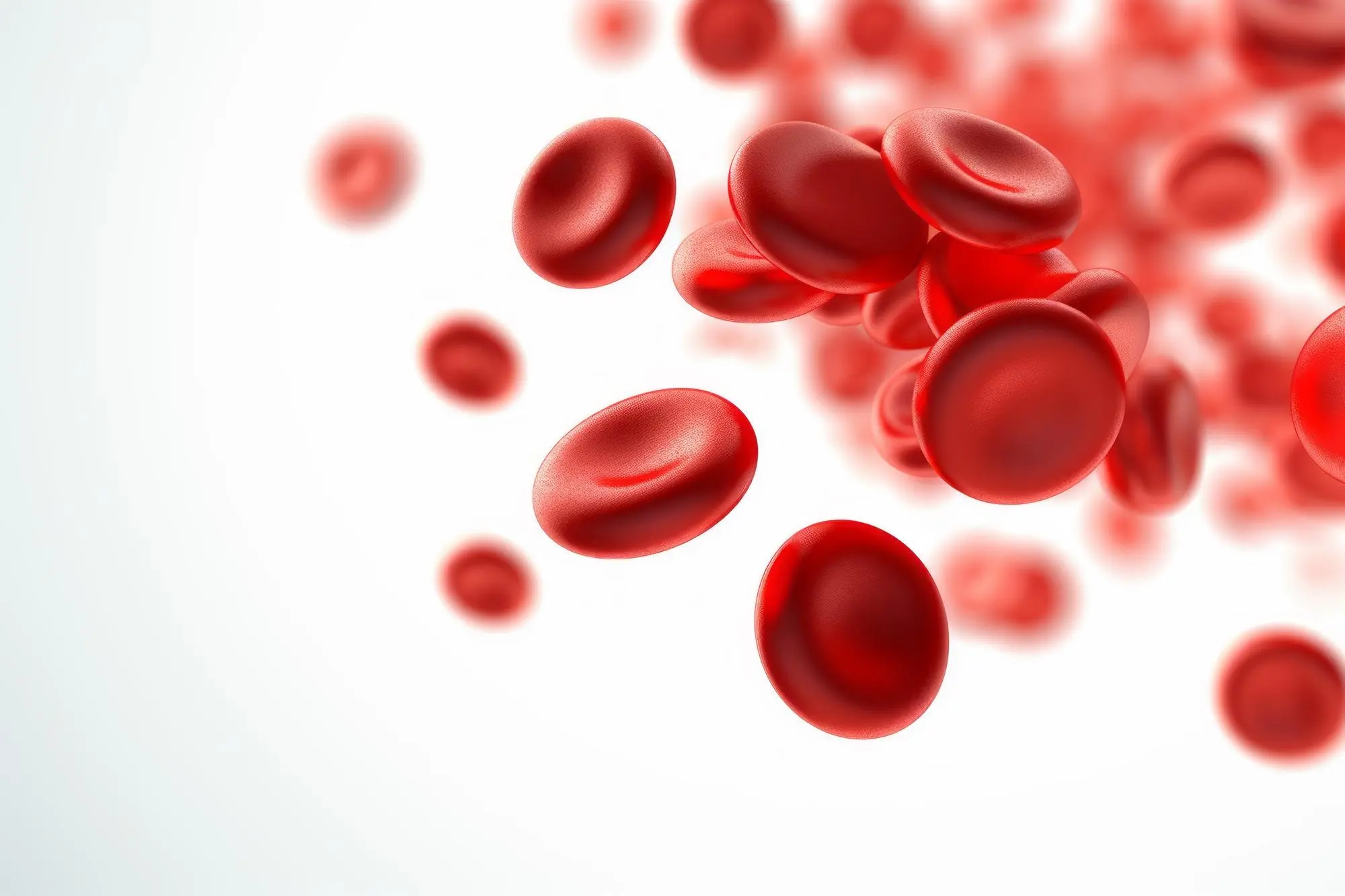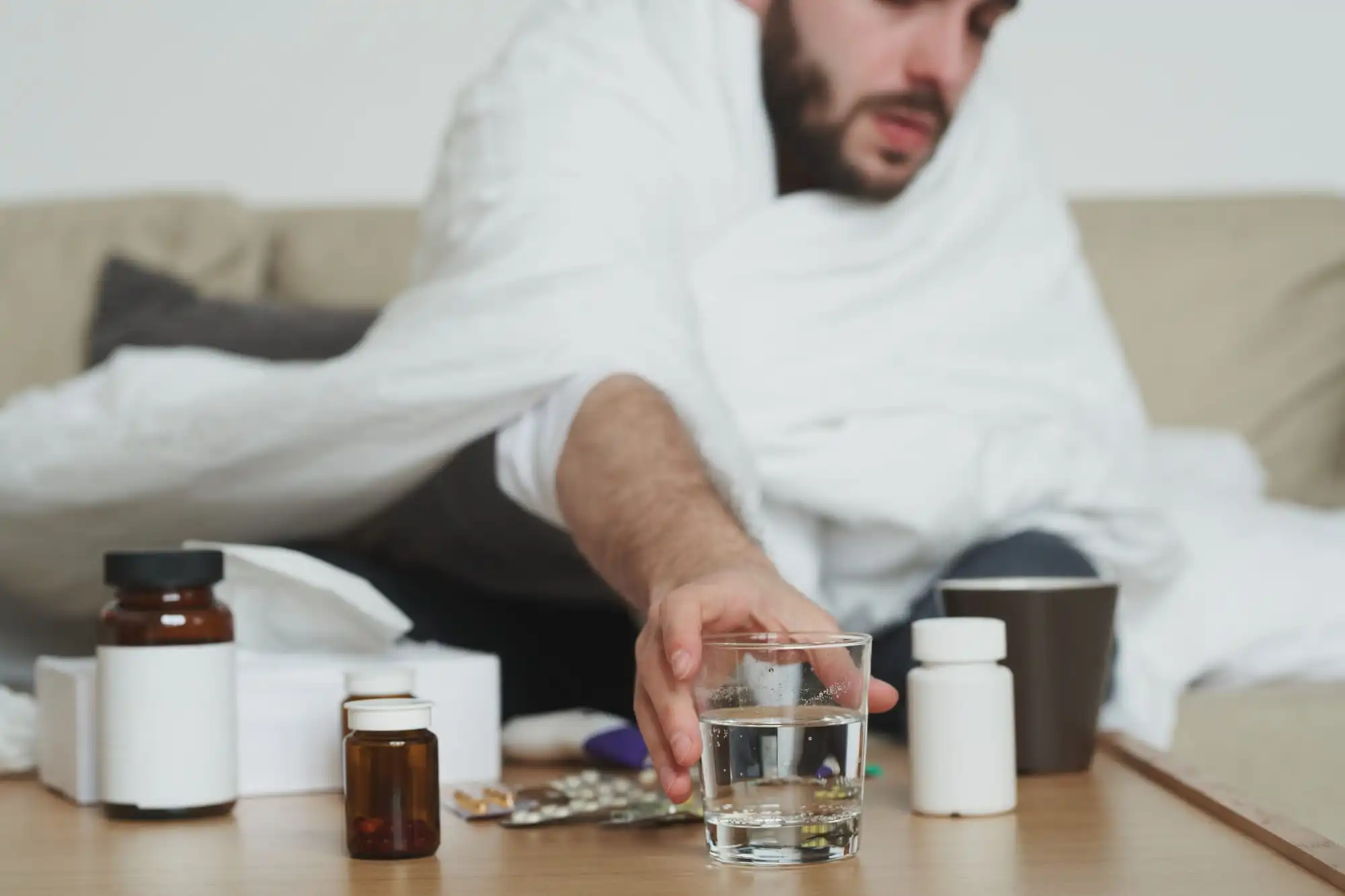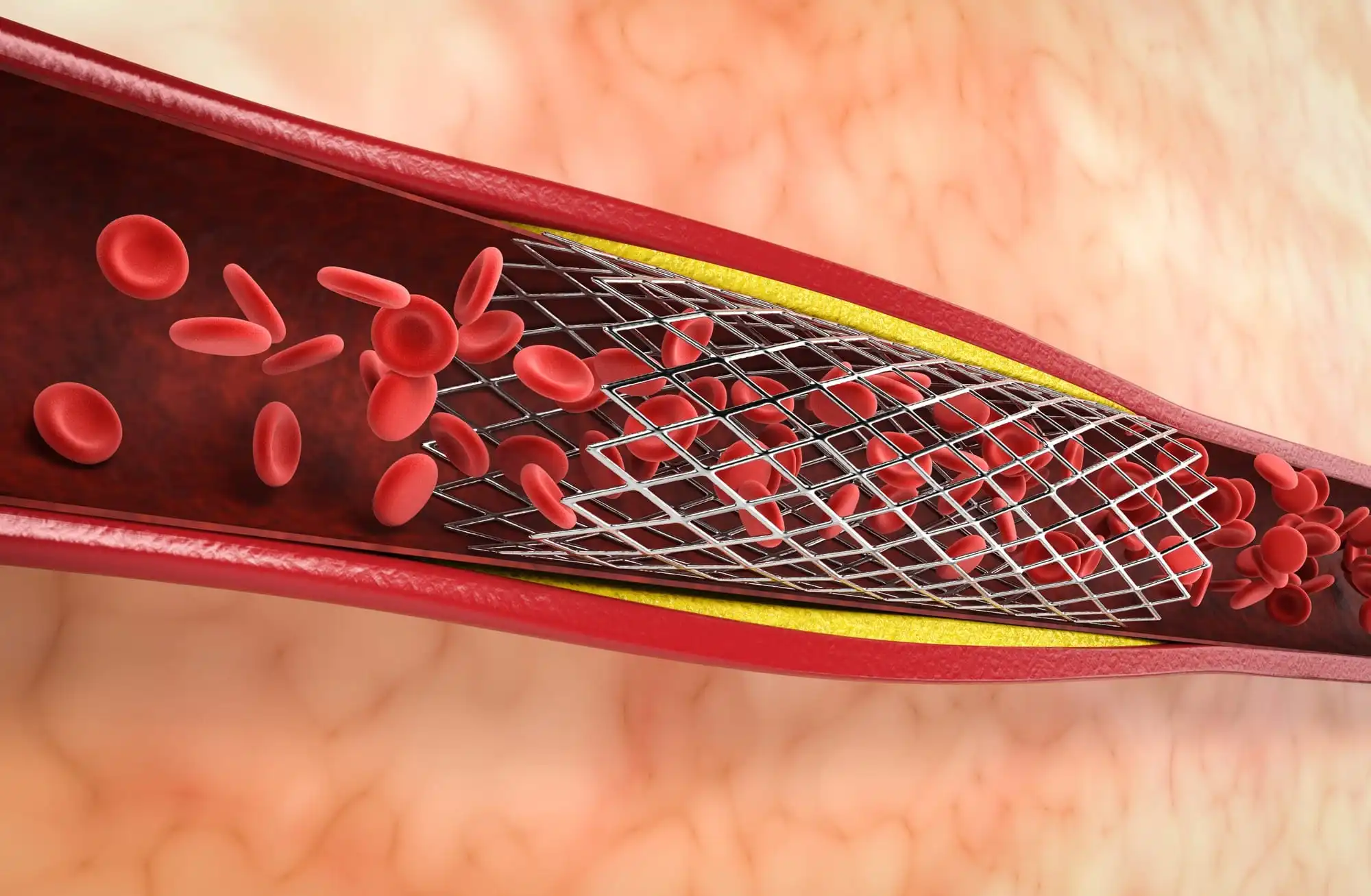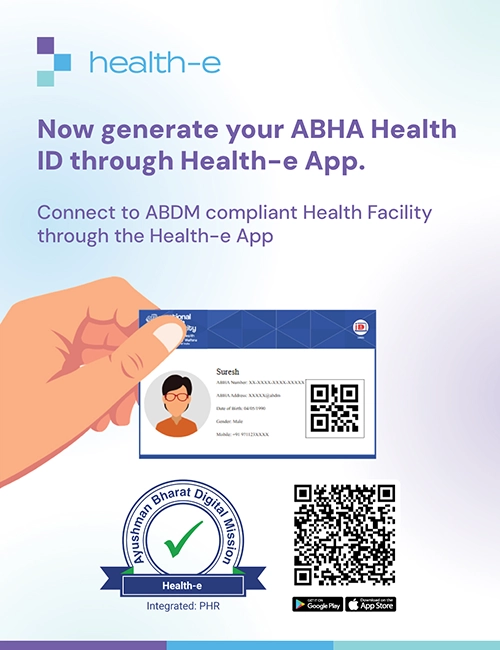PCOS and PCOD are two distinct conditions that affect women’s hormonal and reproductive health. Despite this, many people mistakenly use these terms interchangeably or assume they are the same. The truth is that although they share some similarities, they are different conditions.
In this article, we will be helping you clear any confusion related to PCOD and PCOS, discuss their symptoms and causes, and discuss their treatment.
What is PCOD?
PCOD, short for Polycystic Ovarian Disease, is a chronic medical condition where your pair of ovaries produce partially mature or immature eggs over time, allowing them to accumulate in large numbers. With time, these become cysts in your ovaries, increasing the size of your ovaries. When this happens, your ovaries secrete more male hormones that can cause irregular menstrual cycles, abnormal weight gain, infertility, and hair loss.
In normal situations, one of your ovaries releases fertile and mature eggs every month. But when you have PCOD, this releasing of mature eggs is ruled out, and your ovaries will release frequent immature eggs. Further, normally, only a small amount of male hormone (androgen) is released in every cycle, but for a person with PCOD, this production happens in excess amounts.
What is PCOS?
PCOS, short for Polycystic Ovarian Syndrome, is a metabolic condition that can affect a woman by causing hormonal imbalance during her reproductive years, which are 12 to 51. In this serious medical condition, there’s a cluster or collection of small fluid sacs, known as cysts, on the outer edge of your ovaries. The cysts contain immature eggs called follicles, which fail to release eggs regularly.
This medical condition causes several hormonal imbalances in addition to excess production of the male hormones androgens that interfere with your menstrual cycle, causing irregular or missed periods for months.
It’s a common condition that affects almost one in five women. According to a PAN India survey by Metropolis India, the trend of PCOS has increasingly been seen for women between 15 to 30 years, with around 25.8% of alarming levels in the women of East India and 18.6% of women in North India.
What are the Commons Signs of PCOD and PCOS?
With several similar signs and symptoms, PCOD and PCOS can be easily confused to be the same. But you need to understand that these are two different medical conditions, where the latter is a more serious one.
Before we jump into the differences they hold, here are some common signs of PCOD and PCOS that make them appear to be the same:
- Irregularity in your menstrual cycle
- Acne on upper back, chest, and face
- Excessive Weight gain
- Risk of heart disease due to induction of metabolic syndrome
- Excessive hair growth on the back, chest, belly, and face
- Hair loss or thinning of hair on the scalp
- Absence of or skipped menstruation
- Skin darkening in areas on the groin, neck, or under the breasts
What are the Causes of PCOD and PCOS?
Although there hasn’t been a concrete idea of what exactly causes PCOD or PCOS, it’s believed that some factors may be contributing to causing these conditions. These factors may include the following:
- Resistance to Insulin :Women with PCOD or PCOS have high insulin resistance, meaning their bodies are less sensitive to insulin than others. This means that they require more insulin to maintain a normal blood sugar level, leading to excessive levels in the blood. Due to this, their ovaries are stimulated to produce more male hormones, androgens, which leads to PCOS or PCOD.
- Genetics: If PCOD or PCOS runs in your family, you may also carry the genes that can cause these conditions to develop in your body.
- Hormonal Imbalance: Several hormonal imbalances can cause the growth of PCOS or PCOD in your body. This imbalance results from the high production of androgens and the low production of progesterone.
- Environmental Factors: Environmental toxins like phthalates and bisphenol A (BPA) can also contribute to the development of PCOS or PCOD.
- Inflammation: A chronic condition of body inflammation is also known to be a leading factor in these medical problems.
PCOD vs PCOS: What’s the Difference?
Difference between PCOS and PCOD is that PCOS is a more complex metabolic condition that includes the presence of cysts on the ovaries, as well as hormonal imbalances that can cause irregular periods, excess production of male hormones, and insulin resistance. PCOD, on the other hand, mainly involves the presence of cysts on the ovaries, which can lead to hormonal imbalances and similar symptoms. While both conditions can cause similar symptoms, PCOS is generally considered to be a more severe and complex condition than PCOD.
| Category | PCOD | PCOS |
|---|---|---|
| What Happens | The ovaries produce partially impure or immature eggs that transform into cysts | The ovaries produce more male hormones, leading to cysts |
| Prevalence | It is more common that PCOS | It is not rare, but also not as common as PCOD |
| Complications | No serious health complications | It is a metabolic disease, resulting in chances of hypertension, type 2 diabetes, endometrial cancer, and heart disease |
| Fertility | It doesn't affect your fertility, and women with PCOD can get pregnant | Infertility is a major concern for women with PCOS as there are irregular periods, making conceiving harder |
| Cure | There's no cure for PCOD yet, but it can be managed with lifestyle changes, diet, and medications | Active treatment is required to manage PCOS so that it doesn't develop other serious conditions. You may also require infertility treatment |
| Ovulation | May still ovulate periodically; hence, can conceive | The hormonal balance can disturb the ovulation process, leading to difficulty in getting pregnant |
What are the Treatment for PCOD and PCOS?
There is currently no permanent cure for either PCOD or PCOS, but you can manage the conditions with treatment and lifestyle changes to avoid birthing any serious medical challenges. Please consult a medical professional like an endocrinologist, dietician, or gynaecologist for an accurate diagnosis of your condition and a proper management plan.
Here are some ways you can curb the side effects of PCOS and PCOD:
- Lifestyle and Dietary Changes
You can control the symptoms of PCOD and PCOS by making necessary lifestyle changes like exercising regularly to maintain a healthy weight for effective body functions and adopting healthy eating habits.
Healthy eating can help you keep your hormones in check and regulate your menstrual cycle. Cutting down some preserved and carbohydrate-high food can cause your insulin resistance to increase and even increase inflammation. Ensuring you’re eating healthy and exercising regularly can decrease the risk of developing a metabolic syndrome and improve your body’s insulin resistance.
- Medications
There are some medications to control the symptoms of PCOS and PCOD, including:
- Anti-androgens: These can block the excessive development of androgens in your body, reducing the side effects caused by them.
- Birth Control: Oral contraceptives contain hormones that help regulate the production of male hormones in your body and your menstrual cycle.
- Metformin: This medication helps treat type 2 diabetes and can also be used for women with PCOS to manage their insulin resistance.
Surgery
Lastly, surgery can be your last resort to extract the ovarian cysts causing you too much pain or hindering your conceiving.
How Can Health-e Help You?
PCOD and PCOS are complex hormonal disorders that can seriously affect a woman’s quality of life and her metabolic and reproductive health. While no robust treatment options are available, you can curb the side effects by managing the symptoms. But managing these conditions requires a multifaceted approach that includes lifestyle, dietary changes, and medications. And all of this is possible when you have a tool to help you stay on track with your medical appointments with the doctor.
A health locker, like Health-e, can be a tool to manage your PCOS or PCOD by storing and tracking your medical records, medical history, lab results, and other health information. This digital tool can help you store everything securely online and streamline communication with your medical professional for better care.
Additionally, you can use a digital health locker to keep track of your menstrual cycle, medications, and symptoms. Since PCOD/PCOS patients have a pattern of irregular menstrual cycles, tracking it can help in effectively predicting the cycle and identifying potential problems. Further, you can use it to track your health metrics like blood pressure, glucose, and mood to identify early warning signs and adopt preventive care.
FAQs
1. What is the main cause of PCOD?
While the exact cause is still unknown, it is said that combined with hormonal imbalances, stress, obesity, poor lifestyle choices, including eating food with less to no nutritional value and following a sedentary lifestyle may be some causes of PCOD.
2. How to diagnose PCOS or PCOD?
Physical examinations and medical history can help a doctor diagnose the development of PCOD or PCOS in your body. Some physical examinations like blood tests, pelvic examinations, and abdominal ultrasounds are used.
3. Can you cure PCOD or PCOS?
Unfortunately, there’s no cure for both chronic medical conditions, but their symptoms can be managed with proper medications and lifestyle changes.
4. Which is more dangerous: PCOS or PCOD?
While both conditions can impact your health, PCOS is more dangerous as it carries higher chances of developing other chronic illnesses like type 2 diabetes, hypertension, heart diseases, and more.
5. Can PCOD happen in sexually active women?
You can develop PCOD irrespective of the fact that you’re sexually active or not. So, whether it’s an adolescent, adult, or teen female, anyone can develop PCOD/PCOS.
6. Can I conceive if I have PCOD?
Yes, there are chances of getting pregnant. With PCOD, you do get occasional ovulation that can help in conceiving.





